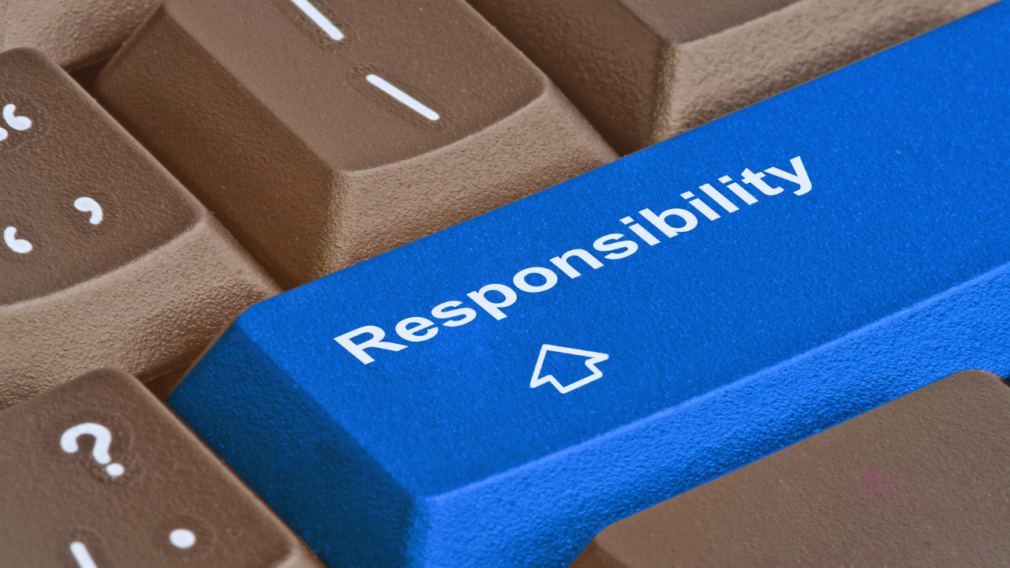NCPG Survey Shows Decline in Risky Gambling
The National Council on Problem Gambling (NCPG) dropped its NGAGE 3.0 survey, revealing that risky gambling behaviors in the U.S. have dipped since the COVID-19 peak, with 20 million adults reporting problematic habits in 2024, down from 27.5 million in 2021.

While progress is clear, the survey, conducted by Ipsos, flags persistent issues among young adults, sports bettors, and online gamblers, pushing NCPG to call for stronger public health measures and dedicated funding to tackle gambling addiction.
Key Findings Paint a Mixed Picture
The NGAGE 3.0 survey, run from January to March 2024 with over 3,000 U.S. adults, shows high-risk gambling is concentrated in specific groups.
About 28% of those betting on 10+ activities and 35% wagering weekly on 3+ activities reported concerning behaviors. Fantasy sports bettors (24%) and traditional sports bettors (17%) are particularly at risk, as are younger adults, with 15% of 18–34-year-olds showing issues compared to just 2% of those 55+.
Online gambling spiked from 15% in 2018 to 22% in 2024, and parlay betting nearly doubled to 30% of sports bettors, raising red flags about loss-chasing.
Awareness Up, But Challenges Remain
Growing awareness of resources like the 1-800-GAMBLER helpline is a bright spot, signaling that outreach efforts are cutting through.
“This new research shows that nationwide efforts in responsible gambling and public awareness are making a positive impact,” said NCPG Board President Derek Longmeier.
Yet, only 39% of Americans see gambling addiction as “very serious,” lagging behind views on drug (62%) and alcohol (55%) addiction. Worse, 37% of risky gamblers doubt recovery is possible, doubling the skepticism of the broader gambling population.
NCPG is pressing for federal and state action, urging a slice of sports betting excise taxes to fund addiction services. “All who profit from gambling, including the government, have an ethical imperative to mitigate its harms,” Longmeier said.
Despite sports betting’s spread to 38 states, participation has leveled at 23% of adults, suggesting legal access intensifies risk for active bettors rather than growing the market. NCPG wants states to treat gambling addiction as a serious health crisis, not an afterthought to other addictions.
Recommended
